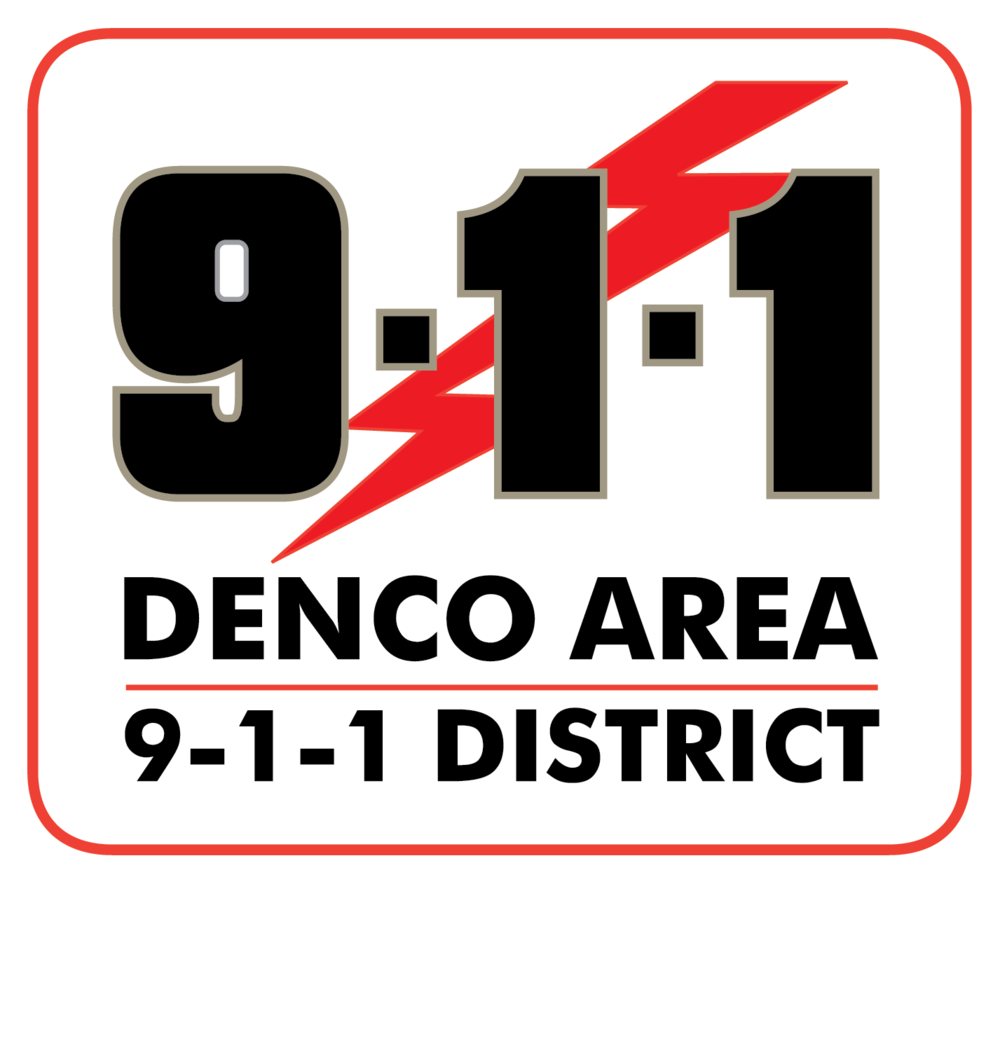Frequently Asked Questions
Understanding the factors that drive 9-1-1 response
For most of us throughout the United States, dialing 9-1-1 to report an emergency is a deeply ingrained reaction. Since our founding in 1987, Denco 9-1-1 has worked diligently to provide the technologies, systems, training courses and community outreach that support a swift and predictable response during some of life’s most unpredictable events. These FAQs address some of the most common issues affecting callers, telecommunicators and emergency responders.
+ When should I call 9-1-1?
Don’t hesitate to contact 9-1-1 when you encounter an emergency situation and need police, fire or medical help. These situations include — but aren’t limited to — fires, crimes in progress, serious car accidents with injuries, heart attack or stroke symptoms, abductions and suspicious activity. If you’re unsure whether your situation is a true emergency, always go ahead and contact 9-1-1. The 9-1-1 dispatcher can help determine if you need immediate emergency assistance.
+ When should I avoid calling 9-1-1?
Don’t contact 9-1-1 if you need help with a situation that isn’t serious or urgent, such as minor accidents without injuries, barking dogs, power outages or disputes with neighbors. Instead, find your local law enforcement agency’s non-emergency phone number and call them directly to receive help. However, remember that if you’re in doubt whether your situation is an emergency, always side with caution and contact 9-1-1.
+ Can I send a text to 9-1-1?
As of 2016, citizens in the Denco service area can contact 9-1-1 by text message or phone call. Text-to-9-1-1 functionality is simple: Start a new text message on your device, enter “911” as the recipient, type your message and send it. A dispatcher will receive your text and ask follow-up questions with texts from the 911 number. Text-to-9-1-1 is a powerful tool for emergencies where you can’t speak or it isn’t safe to speak, such as a home break-in or a domestic violence situation. Text-to-9-1-1 also enhances 9-1-1 access for hearing-impaired and speaking-impaired callers. This tool is not available in every area across the United States, so if you are planning on traveling, check with the 9-1-1 agency at your destination
+ Can I send photos and videos to 9-1-1?
You cannot include photos or videos in a text message to 9-1-1. However, as of 2024, dispatchers in the Denco district may request media files if they think photos or videos will assist in the response to your emergency. In this case, you will receive a link sent to your device, and you can follow the instructions to upload a photo, video or even livestream. Media files will not go through unless the dispatcher handling your call requests them from you.
+ Will you be able to find me if I contact 9-1-1 from a cell phone?
Because the vast majority of 9-1-1 calls and texts come from cell phones, Denco has equipped each of the 9-1-1 centers in our district with advanced call-processing software and digital mapping technology. This equipment receives and displays wireless location data, including the 9-1-1 caller’s approximate location on a map. This location information is highly accurate, but not 100% reliable, so it’s still important for you to provide as much location information as you can. Addresses, businesses names, street names and landmarks can all help first responders find you faster.
+ Can people who don’t speak English call 9-1-1?
Any citizen can call 9-1-1, regardless of the language they speak. In the Denco district, dispatchers can add an interpreter to any call, using live translation services in over 140 languages. Denco is further investing in language access through language training courses for dispatchers and transcription services, which can translate calls into English in real-time.
+ Where are 9-1-1 calls answered?
In the Denco district, 9-1-1 calls or texts are sent to one of nine emergency communications centers based on the caller’s approximate location. Each of these centers is managed by either the county, a city or a university, which employs its own dispatchers to take 9-1-1 calls within the Denco 9-1-1 system.
+ How can I prepare in advance to contact 9-1-1?
Emergencies often take us by surprise, but you can prepare yourself, your family and friends in advance so you know how best to contact 9-1-1. Make sure you and your family members know how to call or text 9-1-1 on each device they use. Make sure everyone knows your address, or if you’re away from home, pay attention to your surroundings so you can relay your location to a dispatcher. For more tips, Denco has free calling guides available for various age groups.
Emergency Communications Centers
On any given day, telecommunicators within the Denco 9-1-1 service area field more than 900 calls for help. When a caller dials 9-1-1, the call is routed to one of 9 state-of-the-art communication centers. These emergency communications centers, or ECCs, act as the first point of contact for people reporting fires, crimes, injuries, and other emergencies.

